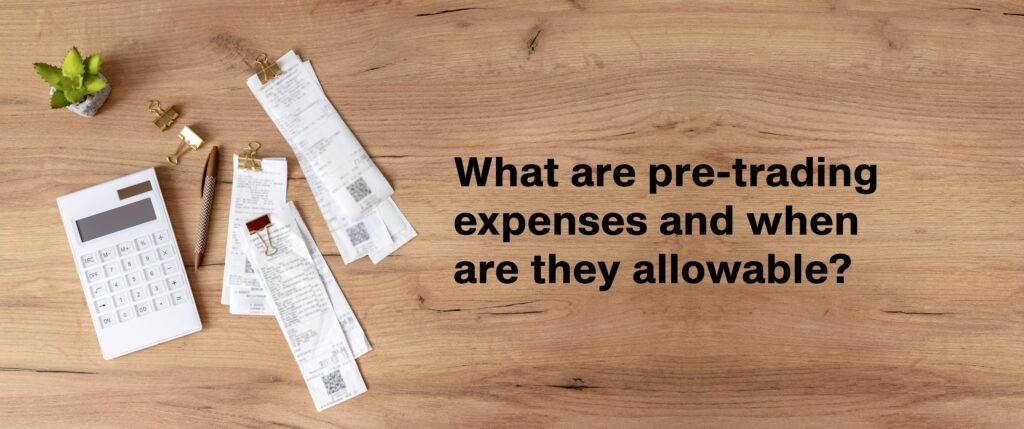When should my self-employed business become a limited company?
I have had a few enquiries recently about whether a self-employed business/ freelancer should transform into a limited company, so I thought I’d share them with you. In short, it’s very much a personal decision dependent on your business intentions and financial situation, but the following covers the most crucial aspects.
Tax Savings

The most obvious reason for going limited is to make your money go further. For example, when the business profits of a sole trader exceed a certain amount, there can be tax advantages of being a limited company. This amount changes across each sole trader due to their financial circumstances and needs.
Based on the average small business profits in Scotland, corporation tax (19%) is less than personal tax and national insurance on trading profits combined (30%). Also, dividends are taxed at a lower rate (7.5%) than trading profits (30%).
At first glance, it can appear to be a ‘no brainer’, but you must assess the business profits, and your financial situation, very carefully before making any rash decisions to save a little tax. For example, salaries are taxed at a little slightly higher rate (33%) than trading profits (30%) and companies don’t get a tax-free personal allowance. Also, you need to know that whilst a salary is considered a tax deductible business expense for a limited company, dividends aren’t!
Is it aligned with the long term strategy of the business
Additionally, whilst it’s important for a business to be tax efficient, to make your money go further, it’s important your decision is aligned with the long term strategy of the business.
- Are you building a team?
- What are your retirement plans?
- Where do you want to go with the business?
- Are you looking for funding to grow business?
Admin and costs
There is more admin involved when your business is limited, and there are extra costs to bear too.
As the Director of a limited company you have extra filing responsibilities, although you can get software to make your life easier and employ an accountant and/or book-keeper, which is where most of the extra costs arise from. Fortunately, the extra costs can often be offset against the tax savings.
Additionally, whilst we advise a separate bank account for sole-traders, it’s not necessary (although it can make your tax returns easier), but when the business is a limited company, you must have separate business bank accounts, and stop paying for anything personal through the business bank account.
The most important distinction
There are many other differences, between sole trader and limited company, namely the treatment of some expenses. It’s crucial you grasp these. Most business expenses will be same, regardless of the legal entity of your business, but there are a few exceptions. I talk about these, and other differences such as filing in The Magical Mix of Money & Tax.
However, the most important distinction to acknowledge between being a sole trader and the Director/ Shareholder of a limited company, is that the business profits under the status of limited company do NOT belong to you. This means all money belongs to the company, and any money paid to you directly from company must be fully accounted for, even if you are the only shareholder, and Director.
If your business is a limited company, you can only take the money out through the following 4 methods:
- Salary (and reported to HMRC each time it’s paid)
- Pension
- Dividends (and reported to HMRC in your annual tax return)
- Benefits in Kind i.e. a car (and reported to HMRC through an annual P11D submission, or via your monthly payroll).
If you take money out the business and it does not fall under these heading, it will be considered a Director’s Loan, and it must be repaid.
 To sum it up perfectly, one of my clients recently remarked that it was like the business was growing up. This was when she felt it was time to ensure the business was a limited company, and that she had an accountant helping her on an ongoing basis.
To sum it up perfectly, one of my clients recently remarked that it was like the business was growing up. This was when she felt it was time to ensure the business was a limited company, and that she had an accountant helping her on an ongoing basis.
If you need help in deciding if going limited is suited to you, get in touch and we’d be happy to carry out a business strategy and financial assessment with you. Alternatively, check out The Magical Mix of Money & Tax, in particular chapters 7, 8 and 11.
Helen Monaghan
Chartered Management Accountant and Author of The Magical Mix of Money & Tax, Successful Business Minds, and 12 Steps to Improve Your Cashflow.
© HM Finance Coaching Ltd
Ps Here’s a newspaper article on the same topic too: https://www.telegraph.co.uk/business/sme-library/smes-questions-answered/should-i-turn-business-into-a-limited-company/






